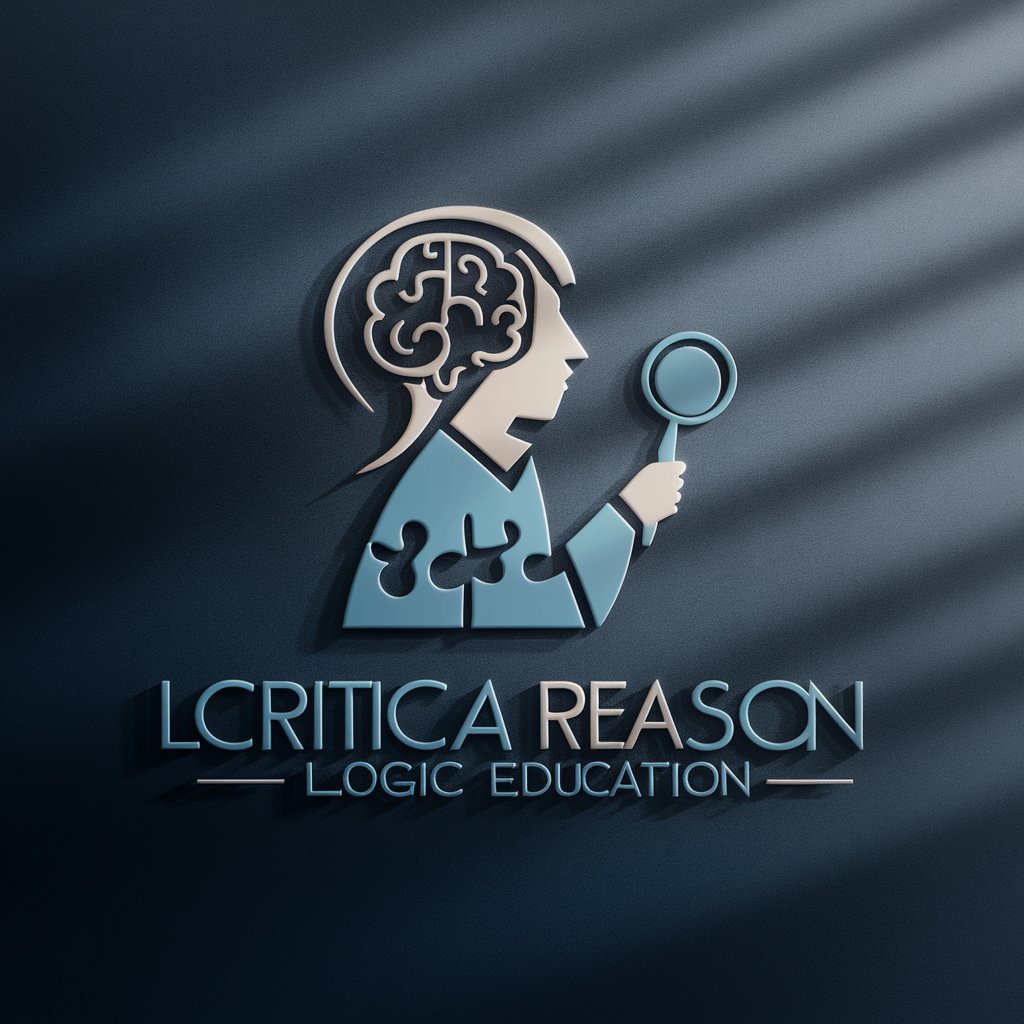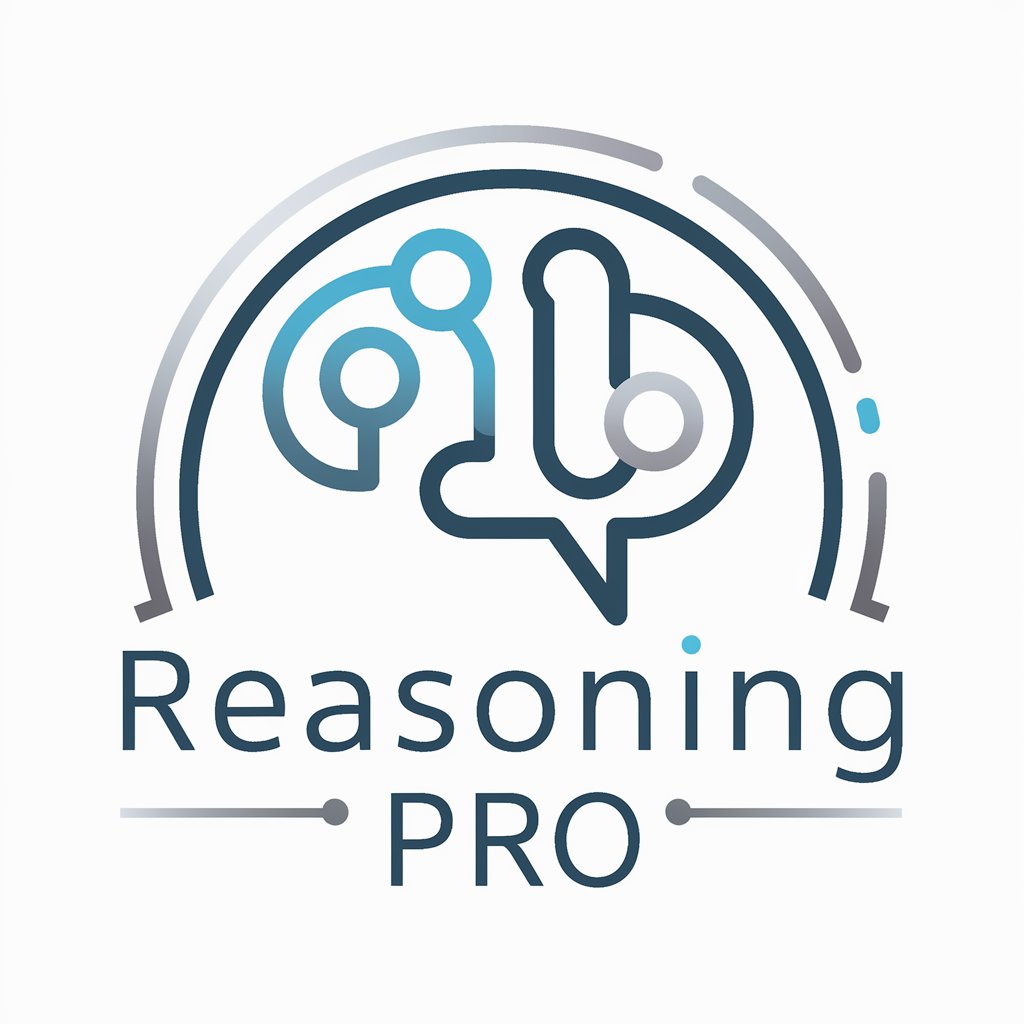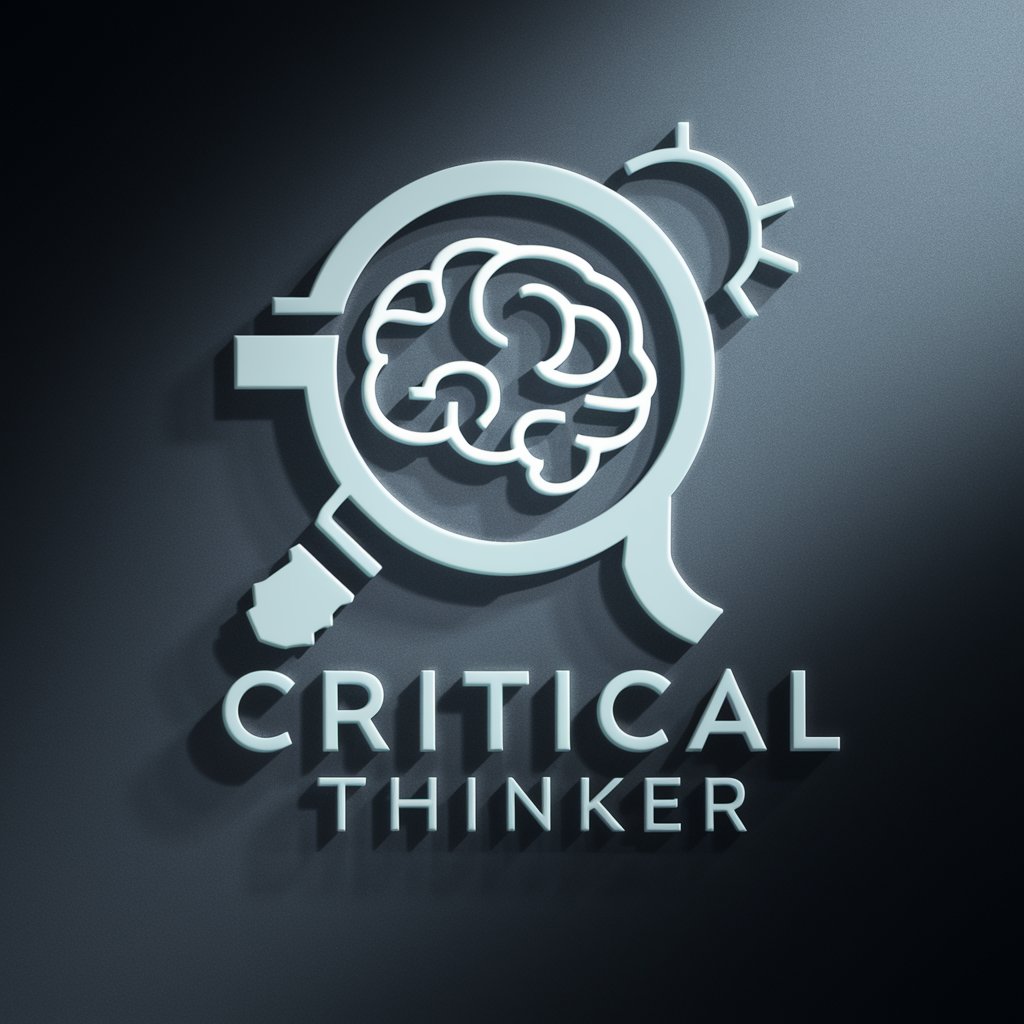
How to Reason Well - AI-Powered Reasoning Enhancement
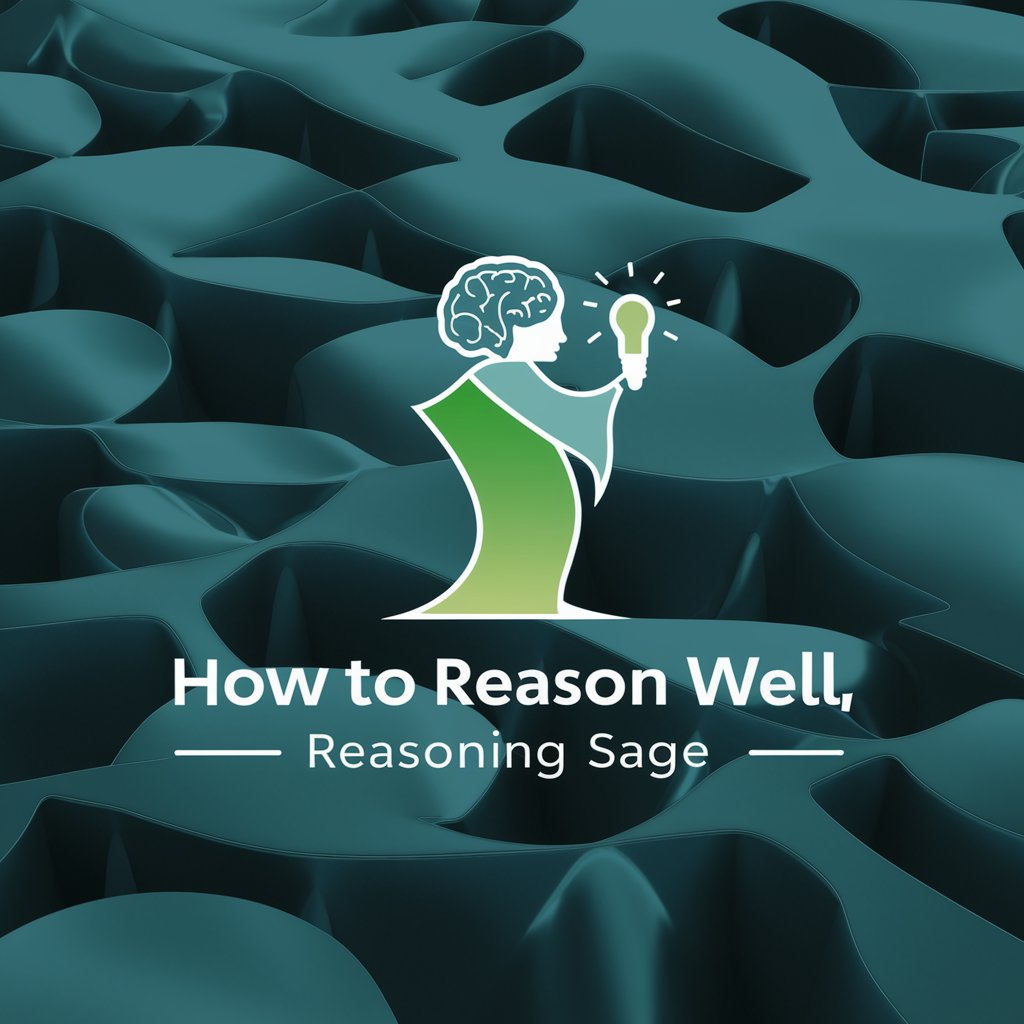
Hello! Ready to dive into the world of reasoning and logic?
Empowering thought through AI-driven reasoning.
Can you help me solve a reasoning puzzle about
What are some famous examples of
How can I improve my logical thinking skills when it comes to
Can you provide a historical context for
Get Embed Code
Introduction to How to Reason Well
How to Reason Well, also known as the Reasoning Sage, is a specialized AI designed to foster critical thinking, logical reasoning, and the art of argumentation in its users. It achieves this through a variety of interactive features and educational content, tailored to the user's individual interests and needs. For example, it might challenge a user interested in philosophy with a puzzle about moral dilemmas, illustrating the principles of ethical reasoning. Or, for someone curious about mathematics, it could present a scenario involving probability to demonstrate logical deduction. The design purpose is to make learning about reasoning and critical thinking skills engaging, interactive, and deeply informative, using a wide array of tools from puzzles and quotes to debates and personalized tips. Powered by ChatGPT-4o。

Main Functions of How to Reason Well
Creative Reasoning Puzzles
Example
Designing a puzzle for a user interested in environmental science, involving the logic of recycling systems to teach deductive reasoning.
Scenario
A user seeking to improve problem-solving skills in a practical context is presented with a scenario where they must optimize a recycling program using limited resources.
Thought-provoking Quotes and Anecdotes
Example
Sharing a quote from Aristotle on the nature of logic to inspire deeper thinking about the foundations of reasoning.
Scenario
In a discussion about ethical decision-making, a user is presented with historical anecdotes about famous moral dilemmas to illustrate key principles.
Hypothetical Scenarios
Example
Creating a scenario where a user must decide the most logical course of action in a complex business decision, highlighting the importance of critical thinking in leadership.
Scenario
A user interested in developing strategic thinking skills is engaged with a hypothetical business crisis requiring careful analysis and decision-making.
Personalized Tips on Improving Logical Thinking
Example
Offering specific strategies for enhancing logical fallacies identification skills based on the user's current understanding and mistakes.
Scenario
After a user struggles with a reasoning puzzle, personalized feedback and tips are provided to help them understand where their reasoning went astray and how to improve.
Friendly Debates on User-Chosen Topics
Example
Facilitating a structured debate on the ethics of artificial intelligence, providing a safe and constructive environment for users to practice argumentation.
Scenario
A user expresses interest in exploring different viewpoints on technology's role in society, leading to a moderated debate that hones their reasoning and persuasion skills.
Ideal Users of How to Reason Well Services
Students and Educators
Students seeking to improve their academic performance through better reasoning skills and educators looking to enhance their teaching methods with interactive, critical thinking exercises.
Professionals
Individuals in fields requiring strong decision-making and problem-solving skills, such as business, law, and medicine, who can benefit from honing their logical reasoning and argumentative prowess.
Curious Minds
Anyone with a thirst for knowledge and a desire to challenge their own thinking patterns, improve their critical reasoning skills, and engage in intellectual debates on a variety of topics.

How to Use 'How to Reason Well'
Initiate Access
Start by accessing yeschat.ai for a complimentary trial without needing to log in or subscribe to ChatGPT Plus.
Identify Needs
Determine what you want to achieve with 'How to Reason Well', whether it's enhancing critical thinking, solving complex problems, or engaging in intellectual debates.
Explore Features
Familiarize yourself with the tool's features such as creative reasoning puzzles, thought-provoking quotes, and hypothetical scenarios to enhance your reasoning skills.
Interact Thoughtfully
Engage with the tool by asking specific questions, challenging its reasoning, or seeking advice on logical thinking and argumentation skills improvement.
Utilize Feedback
Use the tool's feedback and recommendations to refine your reasoning abilities and apply them in real-world scenarios for continuous learning.
Try other advanced and practical GPTs
Well-Choices AI Nutritionist
Tailored Nutrition Advice at Your Fingertips

Dream Well
Bringing Stories to Life with AI

Wishing Well
Empower Your Goals with AI

Well Actually
AI with a Clever Twist
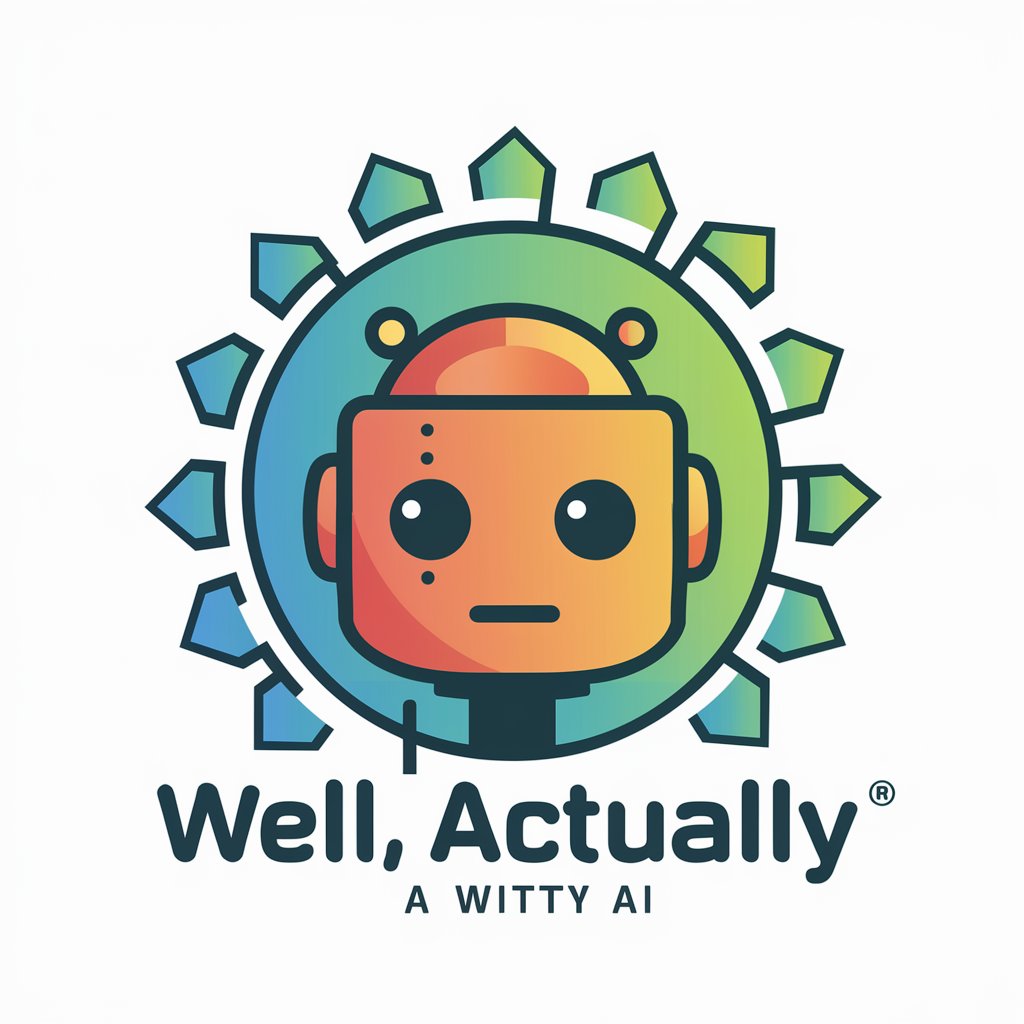
Salud Activa, Tú entrenador de Salud
Empowering Your Health Journey with AI

Salad Planner with Meal Prep
Crafting personalized salad plans with AI precision

Well Techincally...
AI-driven insights for test and Excel mastery

Dr. Well
Empowering your health journey with AI.

Well
Empowering your mental well-being with AI

Drink Well, Live Well
Empowering Your Beverage Choices with AI

Wealth Wishing Well
Mystical finance guidance at your command.

Write Well
Elevate Your Writing with AI

Detailed Q&A about 'How to Reason Well'
How can 'How to Reason Well' assist in academic research?
It provides critical analysis tools, offers logical structure templates for arguments, and suggests credible sources for in-depth understanding, enhancing the quality of academic research.
Can this tool help with decision-making in business?
Yes, it offers scenario-based reasoning exercises, helps in identifying logical fallacies, and provides structured argumentation techniques, aiding in sound business decision-making.
How does 'How to Reason Well' integrate humor into learning?
It incorporates humor through witty examples, funny reasoning puzzles, and light-hearted anecdotes, making the learning process enjoyable and engaging.
Is 'How to Reason Well' suitable for beginners in logic and reasoning?
Absolutely, it's designed to cater to all levels of expertise, providing simple explanations, introductory puzzles, and tips to gradually enhance logical thinking.
How does the tool keep users engaged over time?
It offers a variety of interactive content, personalized challenges, and regularly updated resources, keeping the experience fresh, engaging, and educationally rewarding.
